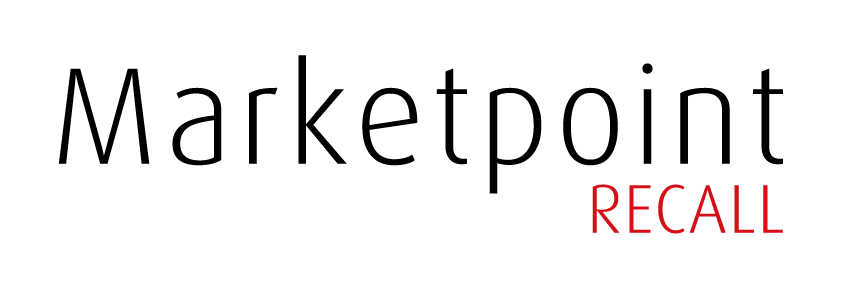Recall 101
/Recall 101: The Basics
What does it all mean?
When hit with your first product recall it is common that lots of new terms and alien references will be thrown around by ‘the experts’, leaving you feeling out of the loop. Here’s a breakdown of the most common terms for you to familiarise yourself with, so you can be confident if you do find yourself in the middle of a crisis situation. These terms will allow you to quickly determine how serious the situation is and prepare you to respond in the right way. These fundamentals are also essential in product recall and crisis management planning to allow you to devise the best strategy.
Voluntary or Involuntary?
A voluntary recall is when a company proactively recalls a product which does not meet all safety standards. The company recalling the product have carried out the recall voluntarily without the governing agency mandating it. Almost all announced recalls are voluntary.
An involuntary recall is when the governing agency orders a company to recall a product, whether or not the company agrees. In both cases, the governing agency is the driving force behind the recall.
Recall Classes
· Class I – the most severe type of recall, where there is reasonable probability that the product will effect health or cause death. (e.g. contaminated food or drugs)
· Class II – when a product might cause temporary health problems which can be medically solved but are not life threatening. (e.g. undeclared allergens, unapproved additives)
· Class III – when a product violates federal regulations but is unlikely to cause adverse health consequences. (e.g. mislabelling, misrepresenting)
Federal Agency
It’s useful to know who your governing federal agency is and to have a spokesperson from your company that keeps in regular contact with them. This can help when new laws and regulations are passed, and will ensure key information is passed on effectively to the correct person or team.
Know what you’re dealing with
· Which Fed agency governs your sector?
· Who, in your company, keeps on top of new legislations and regulations?
· What class of recall are you faced with? Classes vary with different levels of severity of the problem and have their own protocols to be followed.
· Have you updated, renewed, amended your product recall insurance? Does your broker keep in touch with you on this matter and understand with your changing needs?
· Who provides your company legal advice? Have they gone through the terms of your insurance policy to ensure you are covered? Do they ensure that your company adheres to government and consumer laws, rules and regulations in the event of a lawsuit?
· Who is in your recall team and who is responsible to see recalls through successfully? When did you last carry out a mock recall?
· Do you understand the financial impact of a recall? A recall can affect revenue, cash flow, profits and share value
· What are you going to say in the heat of the moment? It’s easy to be defensive, but this tone isn’t advised to successfully connect with your consumers. Have several messages ready, ones that can be modified quickly.
· Do you have a recall partner, to communicate with your customers? Will they will deliver your brand promise and work together with you to resolve the crisis?
What next?
Armed with this information it is now the perfect time to start planning and be prepared in case your company is ever faced with a recall situation.
The Marketpoint START package guides you through the process to ensure you are fully prepared for a product recall if the situation arises.


